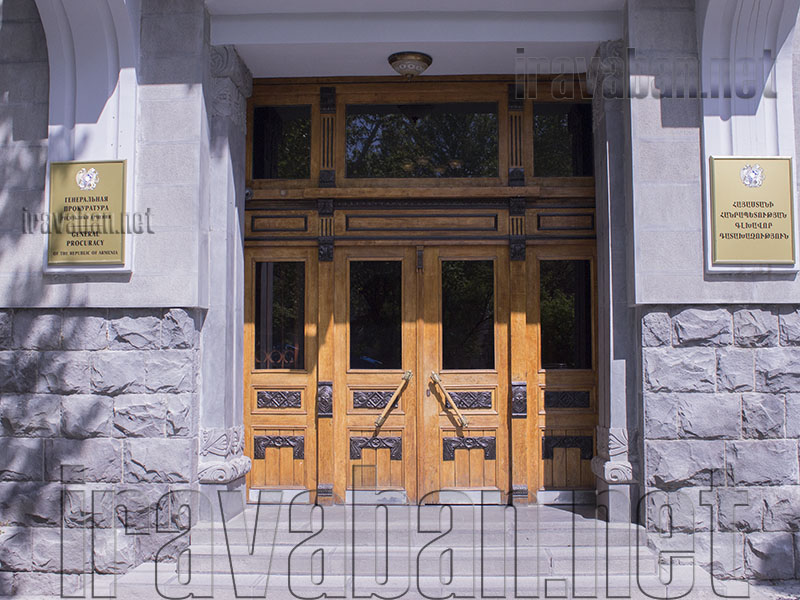The prosecutor is authorized to conduct the following during the pre-trial proceedings:
1) to institute and carry out criminal prosecution and to start proceedings of cases instituted by the body of inquiry, the investigator, to cancel the decision of the body of inquiry and the investigator on suspension of a case, to institute a criminal case based on court motion, to cancel the decision of the body of inquiry and the investigator rejecting the institution of a criminal case and to institute a criminal case.
2) to investigate personally the criminal case in its full volume, passing necessary decisions during the preliminary investigation and implementing investigatory and other procedural actions in accordance with provisions of this Code;
3) in case of a crime, instructs the body of inquiry and the investigator to prepare the materials for the institution of a criminal case.
4) To instruct the body of inquiry and the investigator to conduct urgent investigatory measures or conduct them personally;
5) To participate in the inquest;
6) To carry out prosecutorial management of the inquest and the preliminary investigation.
During the implementation of the procedure of prosecutorial management of the inquest and the preliminary investigation, the prosecutor is exclusively entitled to the following:
1) to check the implementation by the body of inquiry the requirements of law on receiving, registration of and follow up on the reports on committed or prepared crimes, on other accidents;
2) to request from the investigator and the body of inquiry for examination of criminal cases, materials and documents and to get acquainted with the data on the course of investigation at the place of their location;
3) to withdraw from the inquirer and to transfer to the investigator or subordinate prosecutor any criminal case, to transfer the criminal case from the investigator to the subordinate prosecutor or vice versa, to transfer the criminal case from one body of inquest to another, or from one investigator and subordinate prosecutor to another, or to accept the criminal case for his/her proceedings: in order to ensure the comprehensive, full and objective investigation;
4) to instruct an investigating team to undertake a criminal case, to establish the composition of the team, to appoint the team leader or to lead the team personally;
5) to resolve issues regarding challenges (rejections) declared to subordinate prosecutor, investigator, or the officer of the body of inquiry, and also their self-rejections;
6) to give written instructions to subordinate prosecutor, investigator, and the body of inquiry on the decisions passed and on implementation of investigatory and other procedure actions;
7) to resolve objections, prescribed by thisCode, brought by the body of inquiry and its employee, the investigator, who disagree with the instructions of inferior prosecutor, conducting the procedure management of the investigation;
8) to cancel illegitimate and ungrounded resolutions of the inferior prosecutor, the investigator, the body of inquiry, and its officer and also the instructions of the inferior prosecutor;
9) to resolve the appeals against the decisions and actions of the subordinate prosecutor, investigator and the body of inquiry, with the exception of appeals the consideration of which is in the competence of the court;
10) to dismiss inferior prosecutor, the investigator, and the officer of the body of inquiry from further participation in the implementation of criminal proceedings on that case, if they have violated the law during the investigation of the case;
11) to apply to the appropriate bodies for deprivation from immunity for criminal prosecution of persons, possessing that immunity, if these persons are subject to involvement in the criminal case as accused;
12) to return criminal cases to the investigator and the body of inquiry with his/her obligatory instruction on implementation of additional investigation;
13) to cancel the decision of the body of inquest or the investigator to suspend the case, and other decisions, in cases envisaged in this Code;
14) to approve the criminal information, and for the criminal cases with respect to the persons, committed crimes in the state of insanity or became insane, the final decision [act].
15) To forward the case to the court.















